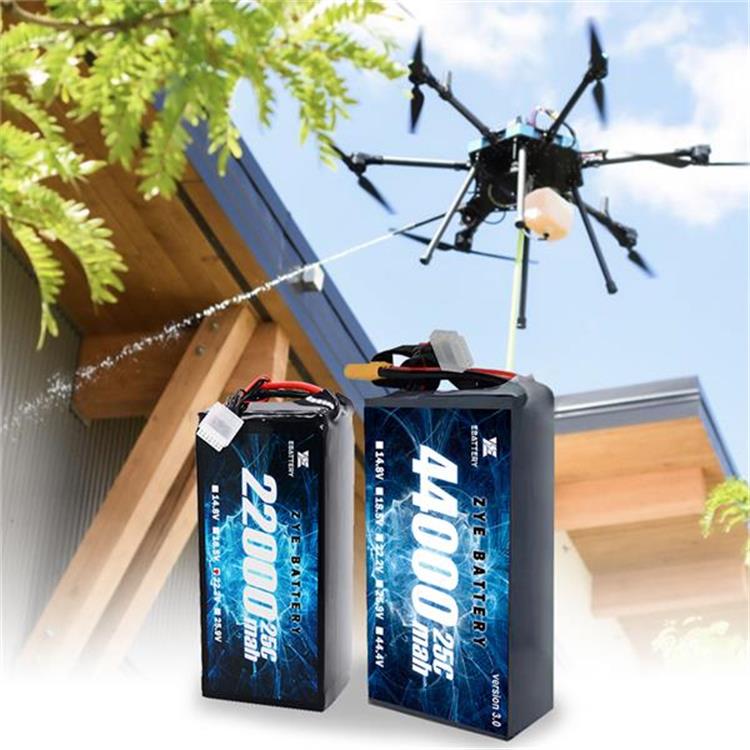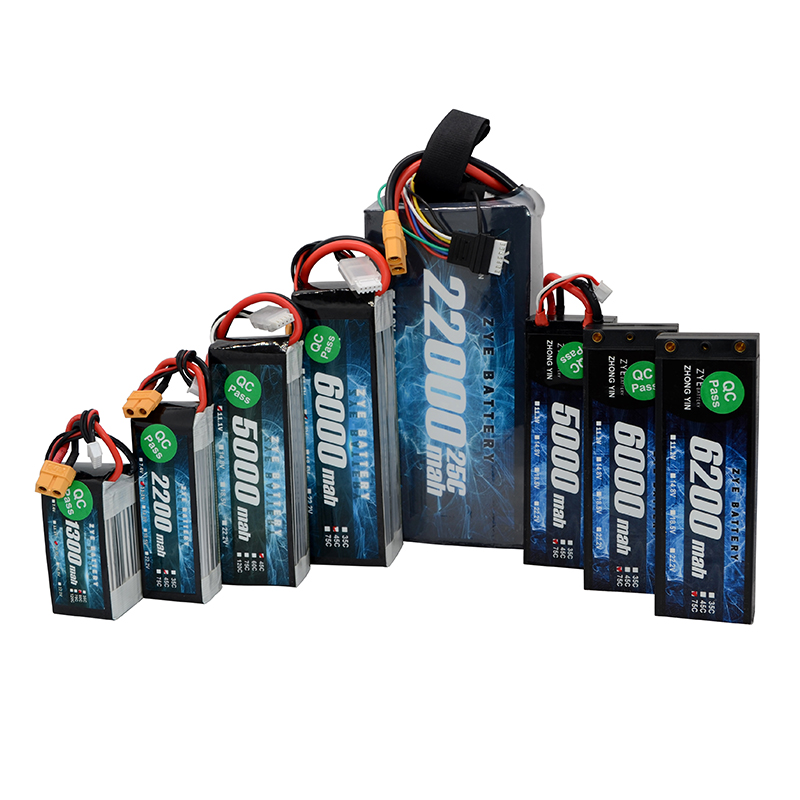How to avoid the common risks of LiPo batteries?
2025-07-28
While LiPo batteries offer numerous advantages, they come with inherent risks that users must be aware of:
1. Fire Hazard: LiPo batteries can ignite if damaged, overcharged, or over-discharged. To mitigate this risk, always use a balance charger, avoid physical damage, and store batteries in fireproof containers.
2. Swelling: Battery swelling is a sign of internal damage. If you notice any puffiness in your battery, stop using it immediately and dispose of it safely.
3. Short Circuits: Accidental short circuits can cause rapid discharge and overheating. Always insulate battery terminals when not in use and avoid contact with conductive materials.
4. Overcharging: Exceeding the maximum voltage can lead to chemical instability. Use chargers with built-in safeguards and never leave batteries charging unattended.
5. Physical Damage: Punctures or crushing can cause internal short circuits. Handle batteries with care and avoid impacts or compression.

By understanding these risks and following proper safety protocols, you can significantly reduce the chances of accidents when using LiPo batteries, including the high-capacity lipo-battery-pack.
Common Mistakes to Avoid When Recycling LiPo Batteries
To ensure safe and effective recycling of LiPo batteries, avoid these common mistakes:
Incorrect Disposal
Never dispose of LiPo batteries in regular trash or recycling bins, as this can lead to dangerous consequences. Improper disposal may cause fires, leaks, or toxic chemical exposure, endangering both human health and the environment. In many regions, it is illegal to dispose of these batteries this way. Always follow local guidelines and use designated recycling centers to ensure safe handling and minimize risks. Proper disposal helps protect communities and the planet.
Neglecting to Discharge
Failing to discharge the battery before recycling can lead to safety hazards during transport and processing. Always ensure the battery is fully discharged.
Improper Storage
Storing damaged or swollen LiPo batteries improperly can lead to fires. Keep such batteries in a fire-resistant container and recycle them as soon as possible.
Ignoring Battery Condition
Overlooking signs of damage or degradation in LiPo batteries can be dangerous. Swollen, punctured, or otherwise damaged batteries require special handling and should be reported to the recycling center.
Mixing with Other Battery Types
Combining LiPo batteries with other battery types during recycling can complicate the process and reduce efficiency. Always separate different battery chemistries for recycling.
Attempting DIY Recycling
Never attempt to disassemble or recycle LiPo batteries at home, especially high-capacity ones like the 22000mAh 12s. This is extremely dangerous and should only be done by professionals with proper equipment.

By following the guidelines and using the right tools, you can ensure that your high-capacity lipo-battery serves you well for many cycles to come.
Remember, when it comes to LiPo battery care, knowledge is power. Stay informed, prioritize safety, and enjoy the benefits of this powerful battery technology responsibly.
If you have any questions about LiPo battery discharge or are looking for high-quality LiPo batteries for your next project, don't hesitate to reach out to our team of experts at coco@zyepower.com. We're here to help you power your innovations safely and efficiently!
























































